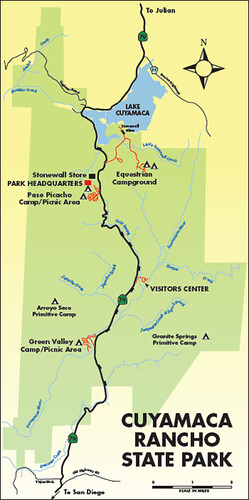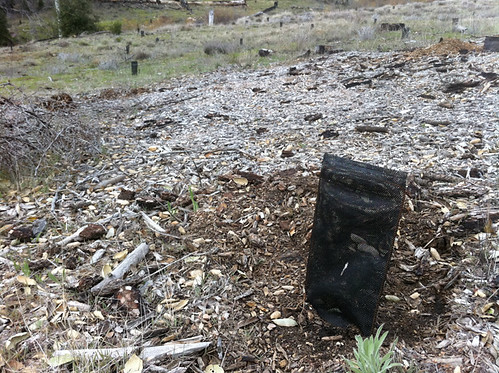Our ratings on the U.S. rest on its high-income, highly diversified, and flexible economy, backed by a strong track record of prudent and credible monetary policy. The ratings also reflect our view of the unique advantages stemming from the dollar's preeminent place among world currencies. Although we believe these strengths currently outweigh what we consider to be the U.S.'s meaningful economic and fiscal risks and large external debtor position, we now believe that they might not fully offset the credit risks over the next two years at the 'AAA' level.. . .Despite these exceptional strengths, we note the U.S.'s fiscal profile has deteriorated steadily during the past decade and, in our view, has worsened further as a result of the recent financial crisis and ensuing recession. Moreover, more than two years after the beginning of the recent crisis, U.S. policymakers have still not agreed on a strategy to reverse recent fiscal deterioration or address longer-term fiscal pressures.. . .The compromise agreed upon in December likely provides short-term support for the economic recovery, but we believe it also weakens the U.S.'s fiscal outlook and, in our view, reduces the likelihood that Congress will allow these tax cuts to expire in the near future. We also note that previously enacted legislative mechanisms meant to enforce budgetary discipline on future Congresses have not always succeeded.Key members in the U.S. House of Representatives have fiscal tightening of a similar magnitude, US$4.4 trillion, 10 years, but via different methods. House Budget Committee Chairman Paul Ryan's plan seeks to balance the federal budget by 2040, in part by cutting non-defense spending. The plan also includes significantly reducing the scope of Medicare and Medicaid, while bringing top individual and corporate tax rates lower than those under the 2001 and 2003 tax cuts.. . .Standard & Poor's takes no position on the mix of spending and revenue measures the Congress and the Administration might conclude are appropriate. But for any plan to be credible, we believe that it would need to secure support from a cross-section of leaders in both political parties.. . .The negative outlook on our rating on the U.S. sovereign signals that we believe there is at least a one-in-three likelihood that we could lower our long-term rating on the U.S. within two years. The outlook reflects our view of the increased risk that the political negotiations over when and how to address both the medium- and long-term fiscal challenges will persist until at least after national elections in 2012.
In other words, mushy blather. Not one word in S&P's lengthy pronouncement, however, spoke to either (1) the U.S.'s ability to repay the debt; and (2) the likelihood (however improbably) that the U.S. would actually default on its debt. Those two omissions, alone, render the rationale worthless.
But this isn't the first time S&P has made worthless pronouncements. In 2002, for example, they downgraded Japan's bond rating, and the world yawned. In January 2011, they downgraded Japan's debt again, and the world yawned again.
More to the point, however, during the mortgage scandal of 2002-2006, Standard & Poor's was slapping a triple-A rating on any mortgage-backed collateralized debt obligation (CDO) or other instrument coughed up by the likes of Lehman, UBS, Goldman Sachs and others, financial instruments that subsequently imploded. Why should anyone trust them now? In fact, their actions leading up to the mortgage meltdown were fraudulent, bordering on, if not actually, criminal. They are currently being sued by the SEC for that fraud.
So we should assume that the current "negative outlook" by S&P is similarly tainted. The question then becomes: who is doing the tainting? Well, it's pretty obvious these days that there is a renewed push in Congress to "reform" Social Security (that is, privatize it). Privatizing even part of Social Security would be an enormous boon to the financial industry (of which S&P is a part). Thus, it becomes an easy step to suggest that one or more of the major financial players on Wall Street--Goldman Sachs comes to mind--"encouraged" S&P to make its announcement in order to push the Republicans' budget-slashing approach.
More as the story develops.













